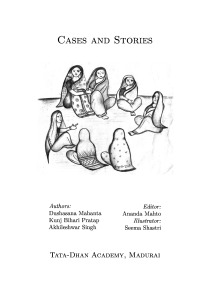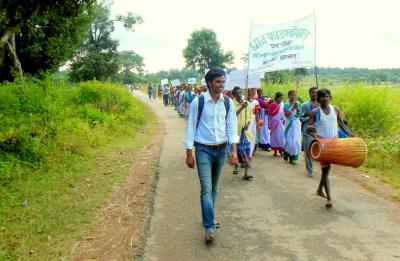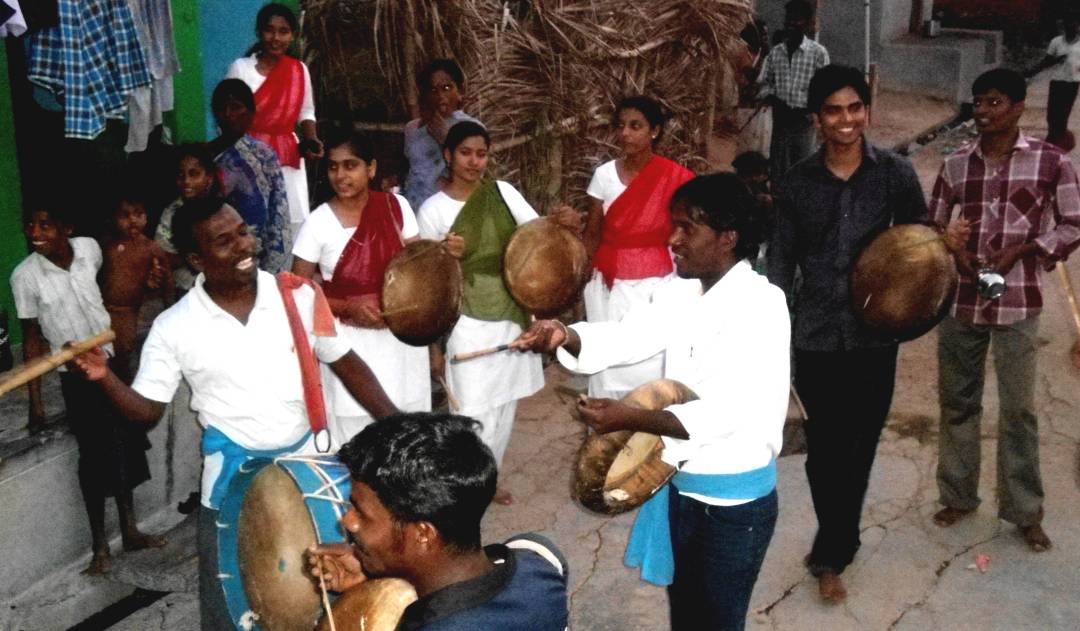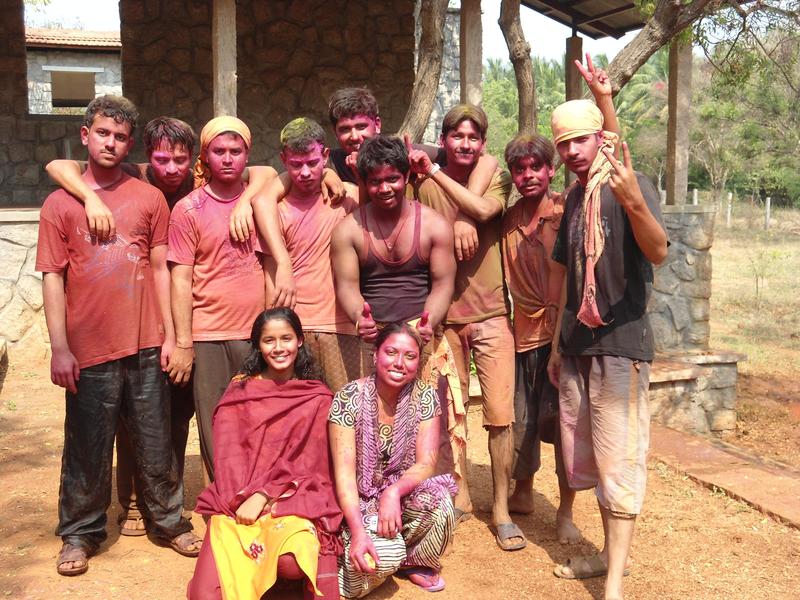By Vinay Sankar
Note: The following article originally appeared in a slightly modified form as an OP-ED column in the Hindu on March 1, 2013.
A lost childhood, a run-away mother, a broken marriage, a 13 year old son, and an elderly father to take care of. None of these deterred Jaya Rawal from continuing her education. Jaya, whose voter id shows she was born in the year 1979 and yet, she says, she is not sure of her real age. In her fragile physique, she conceals a dogged determination to continue her studies and to get ahead. It is said, ‘when the going gets tough, the tough gets going’ and that is absolutely correct in the case of Jaya. When her mother left her in her early teens, Jaya had to take charge of the family. That meant discontinuing her studies and taking care of her siblings. Her father was with the Telecom Department, but due to lack of a minimum period of service, is not eligible for pension. Presently, she does nearly four to five hours of tailoring every day, earning around Rs. 3,000 per month, to meet her family’s needs. She hardly gets to eat three rotis a day! In spite of all these and more, she wakes up at four in the morning and studies for three hours, and in the evening, she is with books for another three hours until midnight, in order to pass her Secondary School exams under the Rajasthan State Open School (RSOS) Board.
Continue reading “Educating ‘Nirbhayas’… Whose ‘Karthavya’?”




























